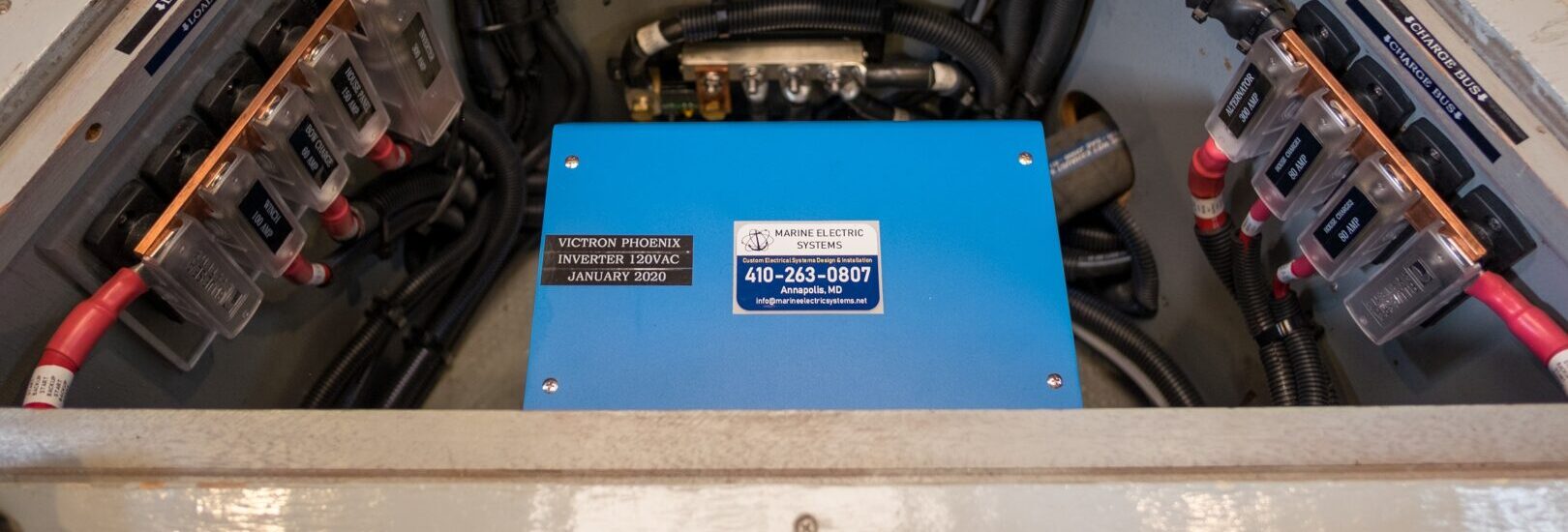
Here are a few signs it’s time to replace your marine battery.
When on the open waters, all boat riders want to think about is the wind through their hair. No one wants to worry about if their boat will get them safely back home.
But with a dead marine battery, your boat may not start up at all. Worse, it could get into the water only to die out before it can return to shore. If your battery needs charging more than usual or your boat is not running efficiently, you may need to replace it. Here are a few signs it’s time to replace your marine battery.
Slow Engine Turnover
Your boat should be able to start up with a newer battery. But as the battery dies, the engine takes longer and longer to turn over. If it takes more than ten seconds, this is a symptom of a dying or dead boat battery. A dead battery could also be the culprit if your boat does not start at all. You should seek a professional opinion to ensure it is not something minor, like damaged spark plugs or electrical wires.
Visible Damage
Be sure to perform regular visual inspections of your marine battery. Cracks, leaks, or excessive corrosion around the terminals are signs of trouble. Corrosion accumulates on the battery terminals, exposing metal components to the elements and electrolytes. This corrosive build-up can impede the flow of electricity, leading to poor battery performance. Clean the terminals regularly and replace the battery if you notice significant damage.
Faulty Electronics
Modern boats have a lot of technology integrated for convenience and safety. But if you notice your electronics are faulty, it could be a sign the battery is dying. A gradual dimming of lights or a decrease in the performance of electronic gadgets is a red flag. Dimming indicates that the battery struggles to maintain a consistent power output, potentially signaling the need for a replacement.
Check the Battery Voltage
If you notice your marine battery is not performing well, check the voltage with a voltage meter. Marine batteries should have a 12.8 voltage with a full state of charge or about a 12.4 with the onboard technical equipment.
If the voltage test shows zero volts, the battery has died. However, anything under a 12.4-volt reading should raise some concerns, and you may want to start looking for a replacement battery.
Marine Electric Systems, LLC is a Leader In the Maritime Industry
We here at Marine Electric Systems have over 30 years of industry experience. You can trust our team for reliable service and expert craftsmanship in the Maryland, Baltimore, Annapolis, and Baltimore city areas! We’re highly certified and adhere to all ABYC and NMEA regulations. We specialize in top-notch electrical solutions for recreational, commercial, and government boating clients. Anything from electrical refits, to navigation systems, or boating maintenance. To stay up to date on our services, follow us on Facebook, LinkedIn, Pinterest, Instagram, and YouTube. You can also contact us at 410-263-0807.
